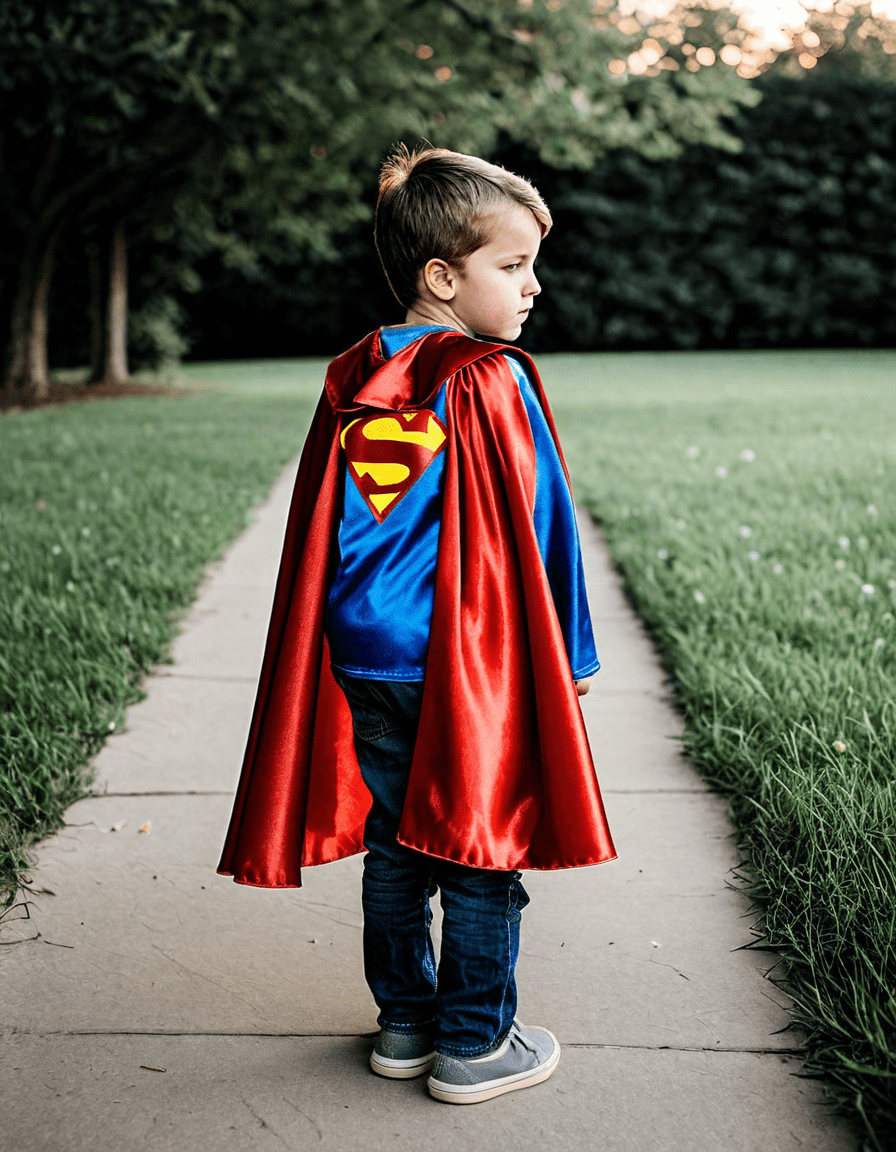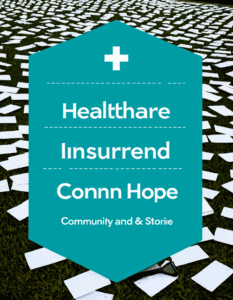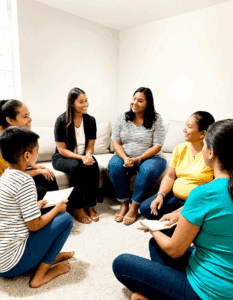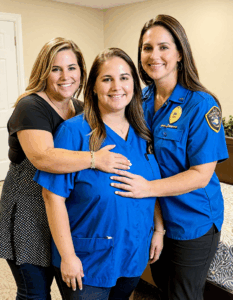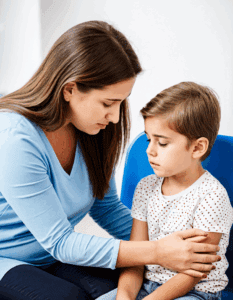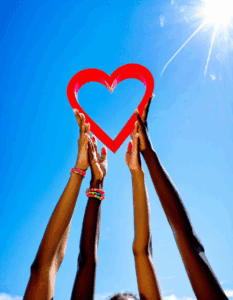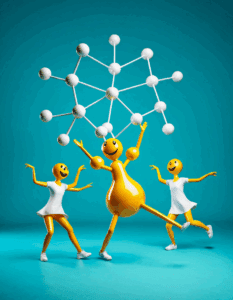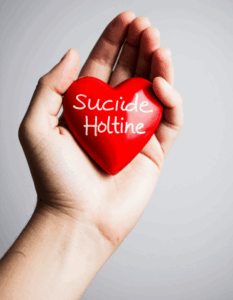Childhood trauma is a heavy topic, but addressing it is crucial for healing and resilience. The harsh reality is that experiences like physical abuse, neglect, emotional maltreatment, or loss can have far-reaching effects that ripple into adulthood. Research, including the groundbreaking Adverse Childhood Experiences (ACE) study, has shown that those who endure childhood trauma carry the burdens of increased susceptibility to mental health disorders, addiction, and even physical health issues later on. Understanding these impacts is important for starting conversations that stir change and promote healing.
Why do we, as a society, continue to overlook the consequences of childhood trauma? It’s about time we recognize how these experiences shape lives, futures, and relationships. Parents grappling with the effects of trauma in their children often feel helpless. That’s where a supportive community can step in, and at Mothers Against Addiction, our mission focuses on helping those parents navigate these tough waters.
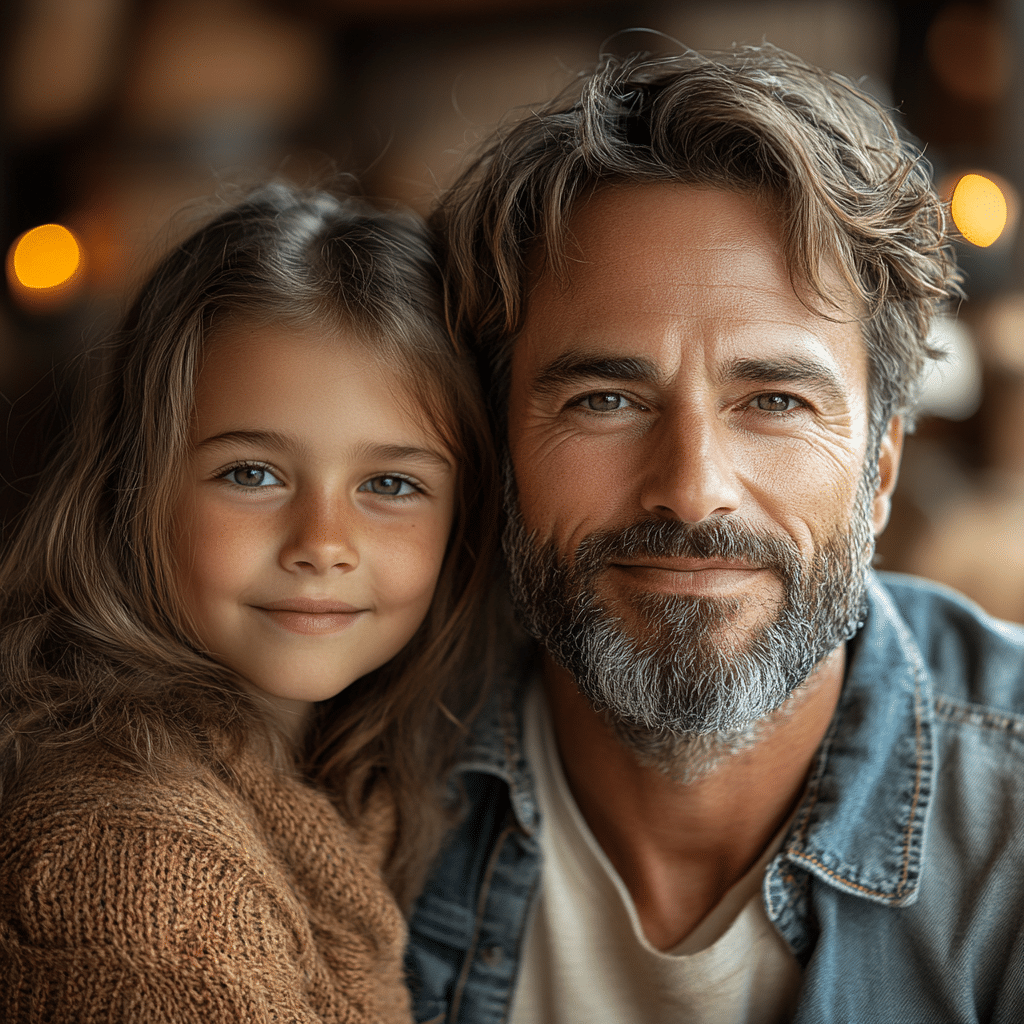
The Deep-Seated Impact of Childhood Trauma on Adult Life
Childhood trauma casts long shadows. But we can light the way through understanding and compassion. Individuals who experience early-life traumas are at higher risk for issues like anxiety, depression, and substance abuse in adulthood. It’s profound, really, how those sweetest years can become tainted and leave scars that may never fully heal without support and intervention.
In recent years, we’ve seen more conversations around these topics, which is a positive step. Yet, statistics remain sobering. According to the ACE study, the accumulative effects of childhood trauma result in lifelong struggles that can affect emotional resilience and mental clarity. Parents should realize they’re not alone; this staggering impact from childhood trauma can be addressed and healed.
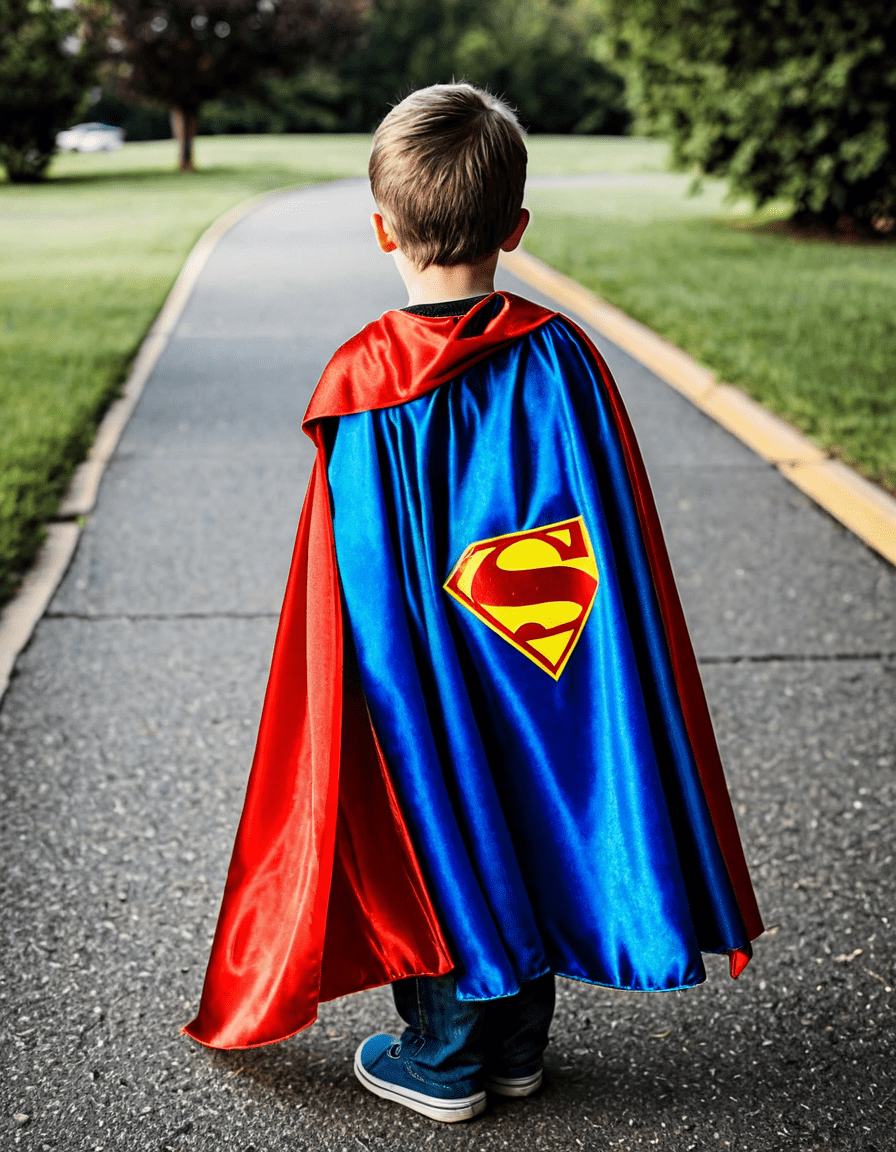
Top 7 Ways Childhood Trauma Affects Future Relationships and Well-Being
1. Difficulty Trusting Others
It’s hard to build connections when past experiences create walls. People like Adele have bravely opened up about how childhood instability shaped their trust in relationships. When parents or caregivers fail to be reliable sources of comfort, the fallout tends to lead to unhealthy dynamics in other relationships.
2. Increased Risk of Substance Abuse
Take Terry Crews, for instance. He’s openly discussed using substances to cope with harsh realities from his youth. Studies, including one from the Journal of Substance Abuse, clearly show that higher ACE scores lead to greater instances of substance use disorders. This connection magnifies the urgent need for assistance and intervention for those struggling.
3. Challenges in Parenting
When childhood trauma goes unaddressed, these unresolved feelings can infect parenting. Kristen Bell’s journey illustrates the impact of addressing her history to break unhealthy cycles. Family counseling becomes essential to help restore nurturing relationships within the home.
4. Diminished Self-Esteem
Childhood trauma can cripple self-worth. Olympian Simone Biles has passionately spoken out about how her early challenges shaped her self-perception. Recognition of mental health’s role in our lives is vital, as it reminds us that healing is possible through understanding and support.
5. Development of Anxiety Disorders
The correlation between childhood trauma and anxiety is clear as day. The World Health Organization points to a rise in anxiety disorders tied to those with multiple ACEs. Mindfulness practices and trauma-informed therapy techniques show promise in alleviating these struggles and can pave the way for understanding oneself better.
6. Difficulty Regulating Emotions
Halsey has candidly shared her story of battling emotional regulation issues stemming from childhood trauma. Trauma therapy approaches, such as dialectical behavior therapy (DBT), equip individuals with the tools needed to manage those intense emotions better.
7. Potential for Resilience
What’s beautiful is that some people emerge from adversity even stronger. Maya Angelou’s life story reflects the journey from trauma to empowerment. Her voice became a beacon for others, demonstrating that while trauma can embed deep wounds, it can also catalyze strength and advocacy.
The Role of Family Counseling and Trauma Therapy in Healing
Family counseling plays a pivotal role in the healing journey from childhood trauma. Involvement in programs that promote communication and understanding within families can catalyze a wholesome transformation. Specialized trauma therapies, such as Eye Movement Desensitization and Reprocessing (EMDR) and cognitive behavioral therapy (CBT), have proven effective in helping individuals process traumatic memories and emotions.
With the right guidance, families can engage in therapeutic sessions facilitated by professionals who understand trauma’s nuances. Initiatives like The Meadows in Arizona reflect that holistic healing can unlock paths toward recovery.
Innovative Approaches for Overcoming Childhood Trauma
As we dive deeper into this decade, fresh approaches to treatment are emerging. Take virtual reality therapy, for example—it’s a groundbreaking method allowing individuals to confront past traumas in a controlled environment. This cutting-edge technique offers promising results and indicates that healing can be multidimensional.
Community-based programs like the Rise Recovery Program in San Antonio, Texas, illustrate the profound impact of peer support networks. Such grassroots initiatives reinforce connection and shared experiences, proving that healing isn’t just an individual endeavor but a community one.
The conversation on childhood trauma isn’t only academic; it strikes at the heart of personal and familial wellbeing. By emphasizing awareness, education, and innovative therapeutic methods, we can reshape the narrative and cultivate healthier dynamics and futures—broken cycles of trauma repaired one story at a time. At Mothers Against addiction, we strive to provide parents with the support they need to navigate these challenges. We can break the chains of the past together!
Childhood Trauma: Understanding Its Lasting Impact
What Is Childhood Trauma?
Childhood trauma involves distressing experiences children endure that can shape their emotional and mental health well into adulthood. From neglect to physical abuse, these experiences can influence a person’s behavior, relationships, and even their health outcomes. One fun fact? You might be surprised to learn that certain casual aspects of life, like the way we enjoy a cup of coffee, can even connect back to traumatic experiences. For instance, a comforting favorite like a cappuccino made with a high-quality cafe-style cappuccino machine can help someone unwind after a tough day, reminding them of simple joys amidst turmoil.
The Ripple Effect of Trauma
Did you know that nearly 60% of adults reported experiencing at least one adverse childhood event? The implications of this are far-reaching and extend beyond personal struggles. It can lead to challenges with addiction or mental health issues later in life. Interestingly, studies suggest engaging in comfort food or snacks can be a coping mechanism. Who doesn’t love indulging in something like Taco Bell’s nacho fries when stressed? Those cheesy bites may bring a moment of happiness, but while they offer short-term relief, it’s crucial to explore healthier coping strategies, like How To stop smoking or engaging in depression therapy.
Recovery and Resilience
The path to healing after childhood trauma isn’t a walk in the park. Many parents and children affected by trauma find solace in support programs. Learning How To sober up and dealing with underlying issues plays a significant role in this journey. For instance, did you catch the latest in sports? The buzz around fights, like who won The fight between Tyson And Paul, often brings people together for conversations – sometimes serving as a distraction or a topic to bond over, which can be a strong impetus for emotional healing and shared experiences.
Ultimately, understanding childhood trauma is just the beginning. There’s a complex web of emotions and actions tied to it. So whether it’s wrestling with feelings or just enjoying a good conversation about characters like Big Mama from One Piece, the journey towards healing is rich with opportunities for connection and growth.
